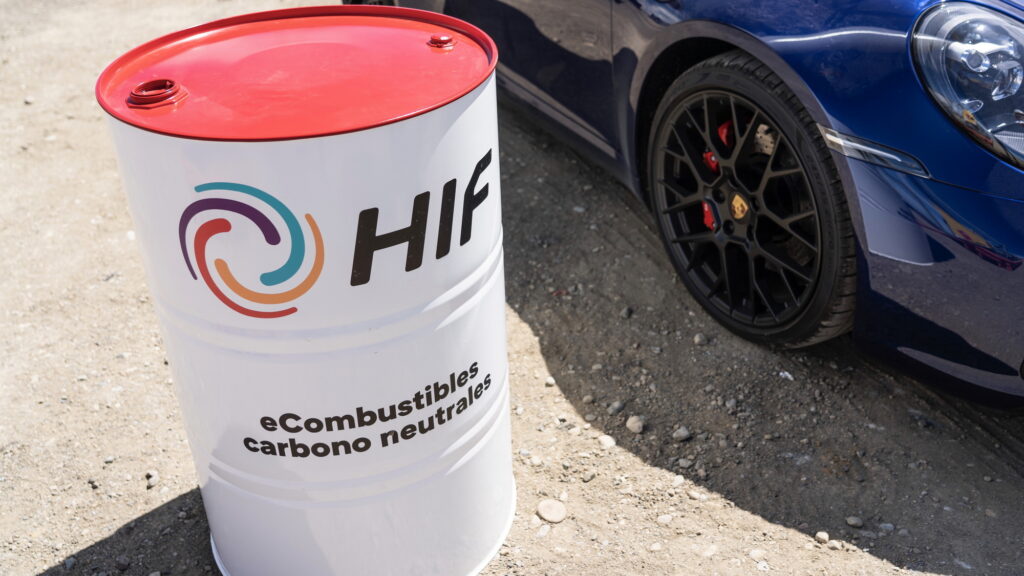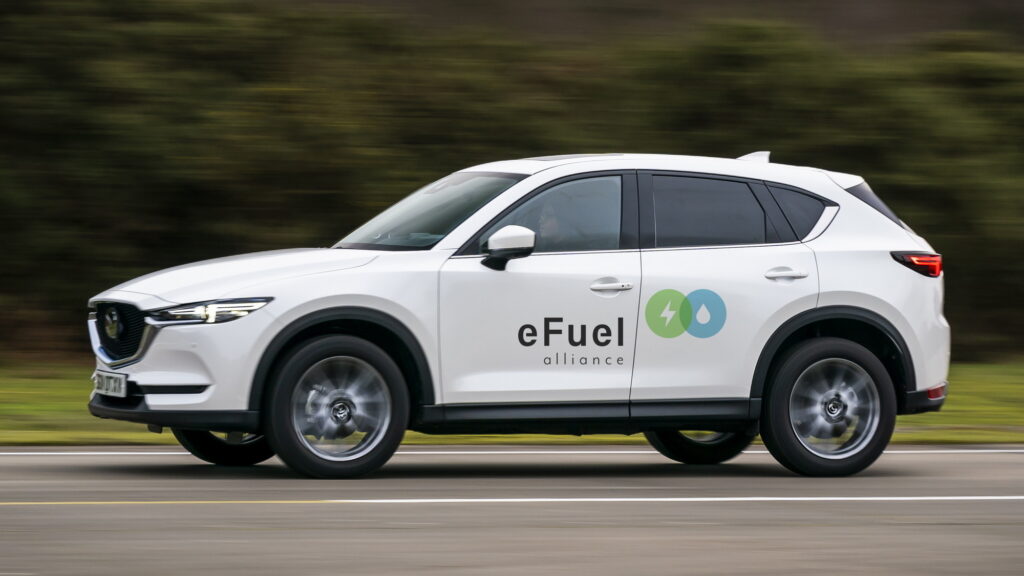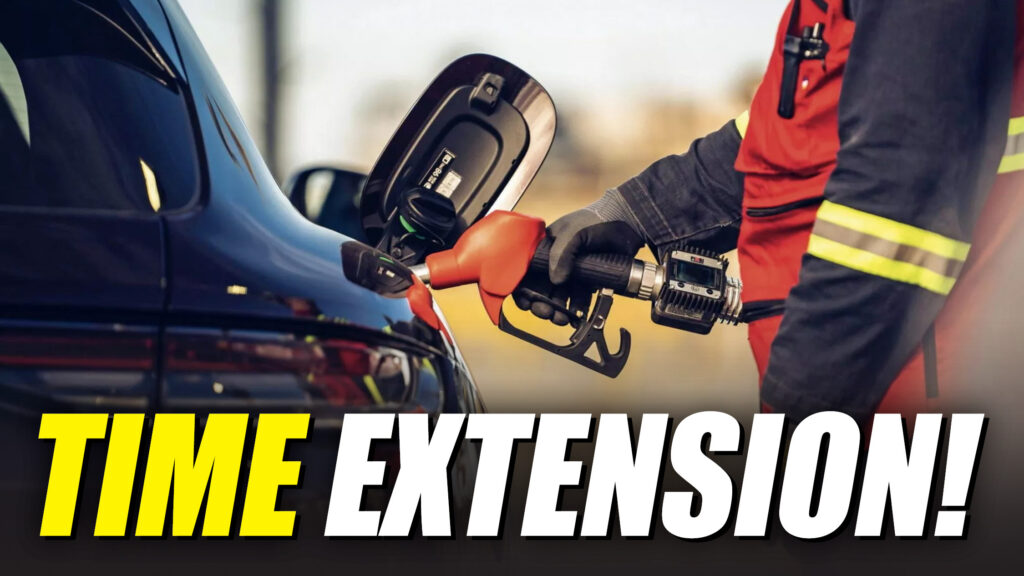- A powerful group of EU lawmakers wants to revise the bloc’s ban on combustion cars that’s due to come into force in 2035.
- The European People’s Party supports an exemption for e-fuels, Reuters reports.
- Sales of CO2-producing cars are due to end in 2035 under the terms of a policy agreed last year.
Sales of petrol and diesel cars are due to end in Europe in 2035 as a result of a policy passed last year, but now a powerful group of lawmakers wants to soften the law and potentially keep combustion cars on the menu.
The European People’s Party (EPP) scored big in this summer’s elections, its members occupying 188 of the 720 available seats, and as part of the group’s plan for its five years in power it wants to downgrade the 2035 CO2 policy by making an exemption for e-fuels. Documents seen by Reuters show the EPP’s aims as: “revising the rules for CO2 reduction for new cars and vans to allow for the use of alternative zero-emission fuels beyond 2035.”
Related: E-Fuels Could Pollute Five Times More Than EVs If EU Rules Are Relaxed
Under the terms of an EU law passed last year, no CO2-producing passenger vehicles can be sold after 2035, a ruling that effectively means no more petrol or diesel cars. But the European Commission, as a result of pressure applied by Germany and its car industry, has already agreed to allow the sale of new cars that run on e-fuels, so it’s not clear what further concessions the EPP hopes to achieve.
Various carmakers, including BMW and Porsche have revealed a strong interest in e-fuels, though their goals for the tech are not necessarily aligned. While Porsche and other supercar brands could use synthetic e-fuels to continue selling high-priced ICE sports cars to wealthy fans who crave the sensations delivered by combustion power, BMW’s CEO Oliver Zipse has previously said that the biggest potential impact from e-fuels would come from decarbonising existing cars, not new ones.

Several automakers including Mercedes and Porsche have extended their ICE timelines due to weaker than expected demand for EVs, ensuring customers will be able to buy combustion cars well into the early 2030s. Mercedes had previously predicted that it would go EV-only in Europe by the end of the decade, but now thinks battery-powered vehicles will only account for half of sales by 2030.

Source: Reuters




